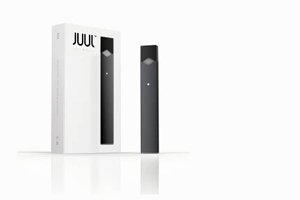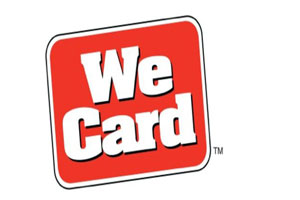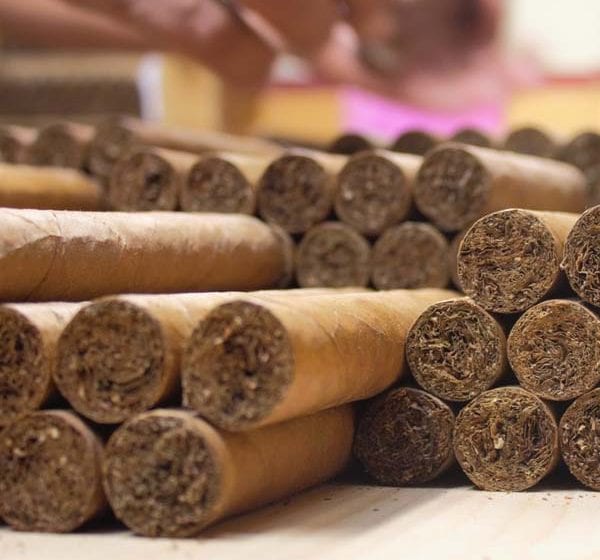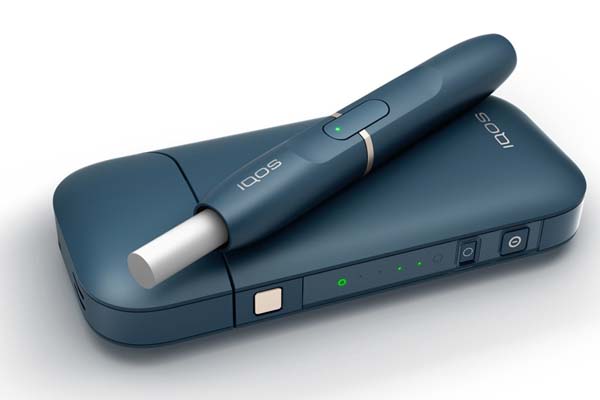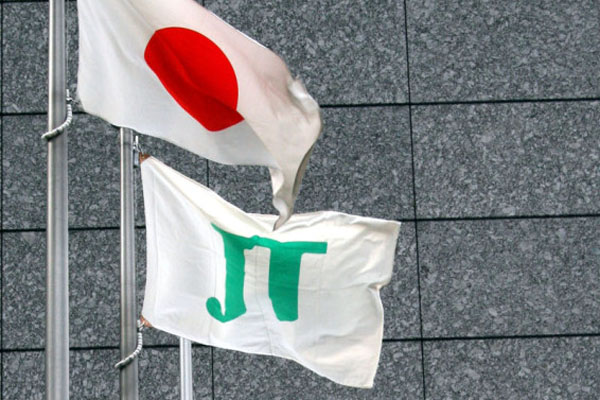The government of Canada has announced new regulations for “plain and standardized appearance of tobacco packages and products” that will go into effect Nov. 9, 2019.
“These packages and products are powerful promotional vehicles,” the government said in a statement. “Reducing the appeal of tobacco products is an important step toward protecting Canadians, particularly youth, from inducements to using tobacco products and from the consequent dependence on them.”
The new regulations are part of Canada’s Tobacco Strategy, which aims to drive tobacco use by Canadianz down to 5 percent by 2035.
After the announcement, Rothmans, Benson and Hedges (RBH), an affiliate of Philip Morris International, released a statement saying that the new rules for the plain packaging are a missed opportunity for Canada to transition smokers off cigarettes to less harmful smoke-free technologies.
“The new rules require the packaging of combustible cigarettes and smoke-free alternatives to appear identical, even though the products inside are very different,” RBH said. “But with all packs looking the same, Canadian smokers may have the misconception that all tobacco products have the same health risk instead of knowing there are better alternatives to cigarettes.”


